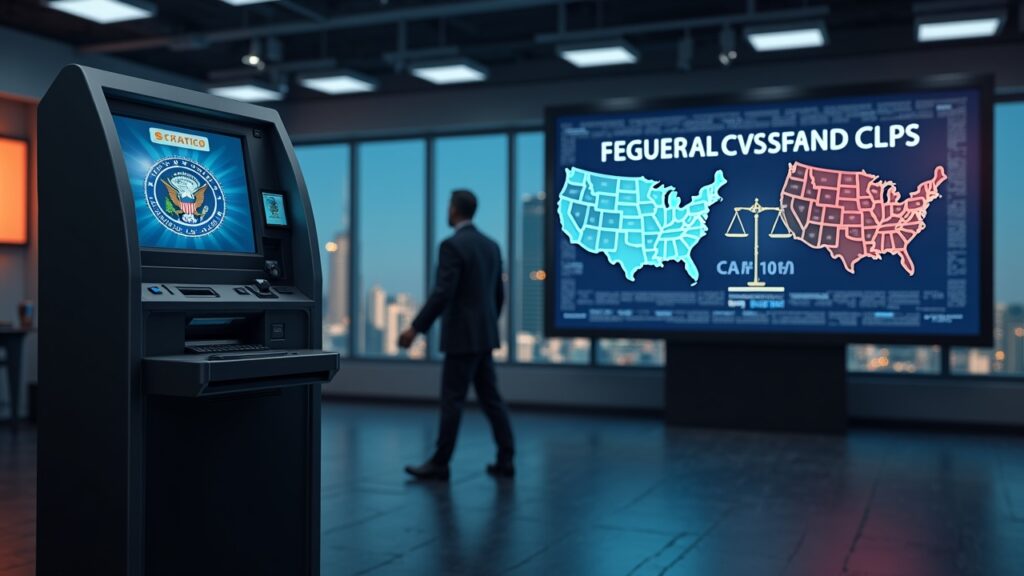State regulators say a draft federal crypto bill could strip them of tools to charge fraudsters, with prosecutors warning that new definitions of “investment” and shifted jurisdiction will open loopholes. Victims of cryptocurrency ATM fraud feel the tension as the FBI logged almost 11,000 kiosk-scam complaints in 2024, with older users disproportionately affected. Courts are drowning in civil fraud suits and freezing assets to stop losses.
Prosecutors from Alabama to Montana warn that revised “investment” definitions and jurisdiction shifts could block or unravel fraud cases. State regulators argue the bill’s wording would strip them of essential tools, creating loopholes that scam artists already test and potentially weakening day-to-day enforcement.
Victims of cryptocurrency ATM fraud feel these pressures most directly. The FBI recorded almost 11,000 kiosk-scam complaints in 2024, with older users filing a disproportionate share. Courts now face a surge of civil fraud suits tied to digital coins and increasingly use asset freezes to halt losses, while the Department of Justice remains active, seizing USD 2.8 million in one cited case.
Congressional response: Durbin limits and the GENIUS stablecoin plan
Congress answered with two bills. Senator Dick Durbin’s Crypto ATM Fraud Prevention Act caps first day purchases at USD 2,000, imposes a two week wait on USD 10,000 withdrawals, requires operator notice on transfers above USD 500, and grants refunds only after the buyer files a police report within 30 days.
The separate GENIUS Act creates a federal label for stablecoins—tokens pegged to the dollar or other assets to curb price swings. Backers want legal clarity, while critics say the draft leaves consumers exposed.
State prosecutors predict four results. The new federal definition may bar them from opening or keeping fraud cases. ATM caps will cut scams but also reduce instant liquidity for honest users. Judges will issue more asset freezes as private suits fill the enforcement gap. Fourth, overlapping bills will leave temporary gaps that complicate teamwork between state and federal agencies.
The outcome will shape consumer protection, enforcement authority, ATM access and stablecoin clarity. As Congress debates and courts manage growing dockets, the practical balance between deterrence, refunds, and liquidity is on the line.


